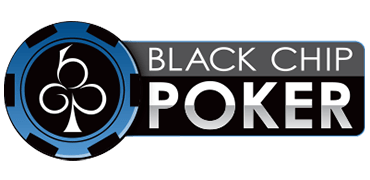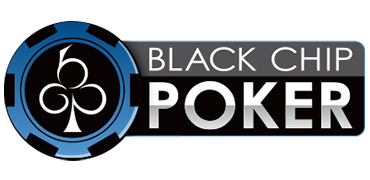Poker players often use terms that are incomprehensible to ordinary people and beginners. This article will explain what a complete in poker is.
To start a successful poker career, you need to know the basic principles of the game. In streams or televised games, you might hear someone say, “He completed from the small blind.”
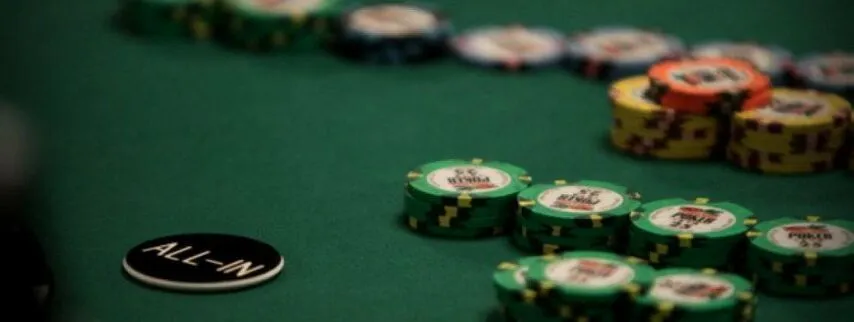
So, what is a complete in poker?
A complete (from the English "complete") is an action that can be done by the player in the small blind. If there was no raise before them, and the small blind simply called half the blind without raising, this is called a complete.
A complete is often confused with calling a preflop raise or limping from other positions. Remember: it doesn't matter if there were limps before you, but if there were no raises, then calling from the small blind is a complete.
Hand Ranges for Completing From the Small Blind
Completing may not seem like the most important action in poker. Beginners think that calling half the blind is cheap, but this impression is deceptive. Unprepared players lose a significant part of their stack in complete spots, especially in decisive tournament stages.
To feel comfortable in these situations, clearly understand your completing range from the small blind before the hand begins. Logically, these will be medium-strength hands, as strong hands are usually raised.
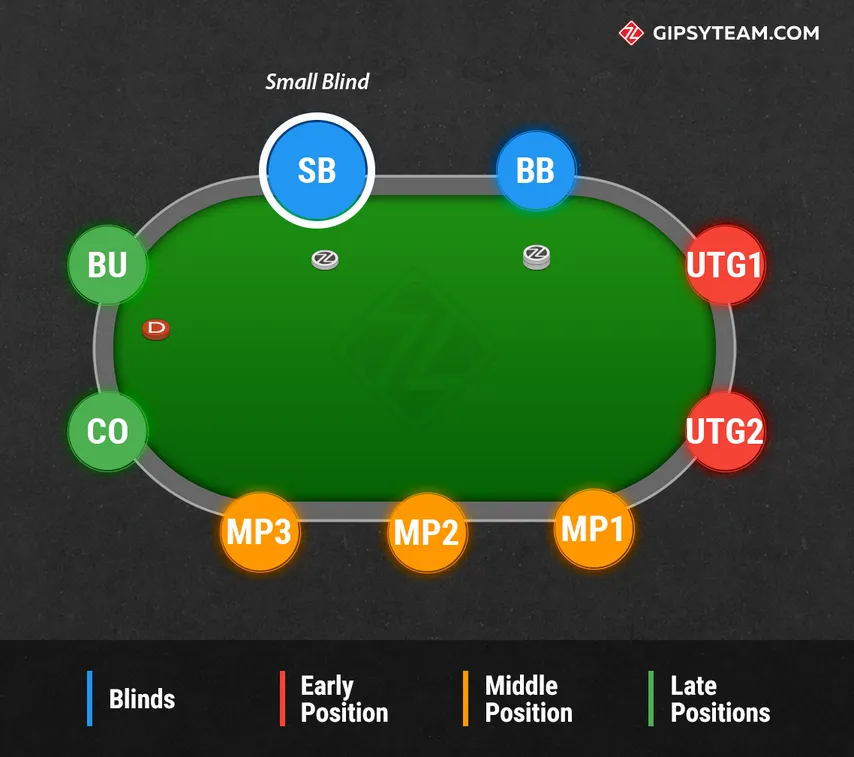
However, not all medium-strength hands should be completed from the small blind. The range depends on the number of limpers before you. Blind versus blind, you will complete many more hands than with several limps. Regulars advise removing these hand types from your completing range in multi-way pots:
- Weak suited Kings: K2s to K8s
- Suited gappers that can make a straight: J7s, Q8s, etc.
- Unsuited connectors: 89o, 76o, and so on
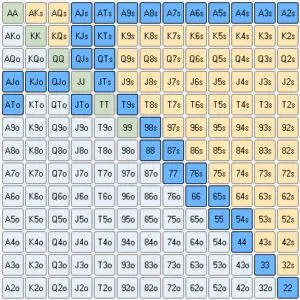
Other Player Actions on the Small Blind
Completing is not the only preflop option for the small blind. You have other choices:
- Raise: Usually done with a good hand to build the pot. Sometimes you can raise weak hands to steal the blinds.
- Fold: If your hand is not in your completing or raising range, simply fold and wait for the button.
- Call: Calling a raise that was made before you. Unpopular because you will always be out of position and opponents will know you are weak.
- 3-bet: If there was a raise and call before you, your re-raise is a 3-bet. It differs from a regular 3-bet because there is "dead money" from the cold caller.
How to Learn Poker
Poker professionals never stop learning. In the early stages, take lessons from an experienced trainer to learn the basics and correct mistakes. Find coaches in the "Training" section on the GipsyTeam forum.
Become a Well-Studied Poker Player
Our website has many useful articles on learning poker and the best places to play online. Study the poker rules, learn about card suits, bankroll management, and more.
Test Strategies Without Risk (or Investment)
At the beginner level, there is nothing more ideal for poker learning than playing freerolls. They are free, offer real money to participants, and a zero-cost platform for practice. The beginning stages are wild, with some players shipping their chips into the pot with any two cards. However, if you hang on and play solid, the later stages become more like a real MTT.
- Increased first deposit bonus
- Increased rakeback and reloads
- Help with deposits and cashouts
- Access to private freerolls
- Round-the-clock support




Learn to Think About Poker Professionally
There is one very important transition you need to make. At some point, players must change from thinking opponents “have it or doesn’t have it” mindset, to asking, “What is their range?” This is a concept that balances your strategies, preparing you for multiple scenarios. You can learn on your own with software like Flopzilla, which teaches range-based thinking. Purchase it and other tools like Hand2Note and Sharkscope in the GipsyTeam store.
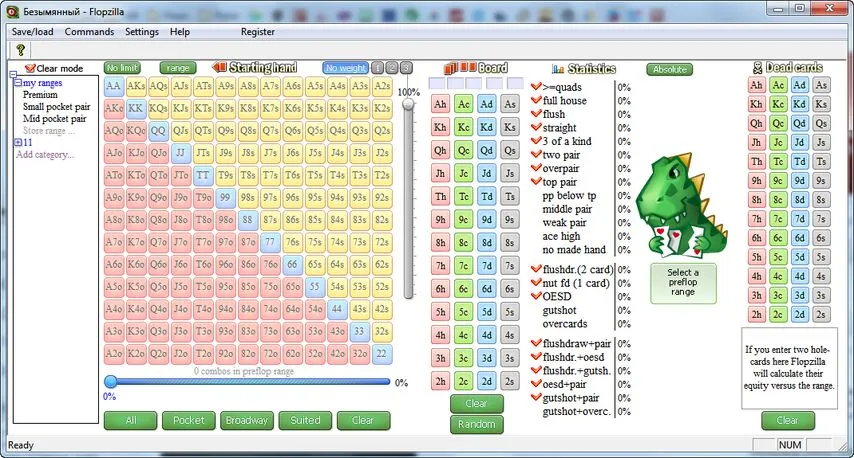
Where to Play Online Poker
Play in trusted poker rooms on GipsyTeam that guarantee fair play and fund safety. Most offer lucrative bonuses for new users, like extra rakeback on your first deposit, freeplay bonuses, and more rewards. Study the bonus offers before registering to boost your starting bankroll.
As a beginner, play in freerolls – free tournaments with real money prizes. We even host our own tournaments on KKPoker, one of the poker rooms we have fully reviewed.
Feel free to ask GipsyTeam support any poker-related questions. They are available 7 days a week from 8 am to midnight and respond within minutes via Telegram, Skype or Discord. All consultations are free!






















